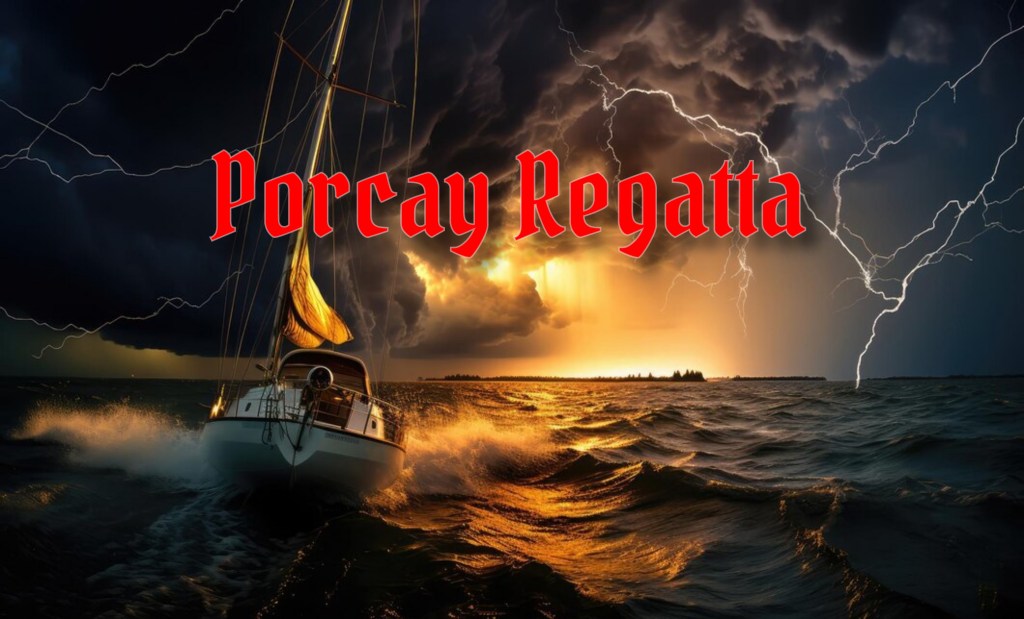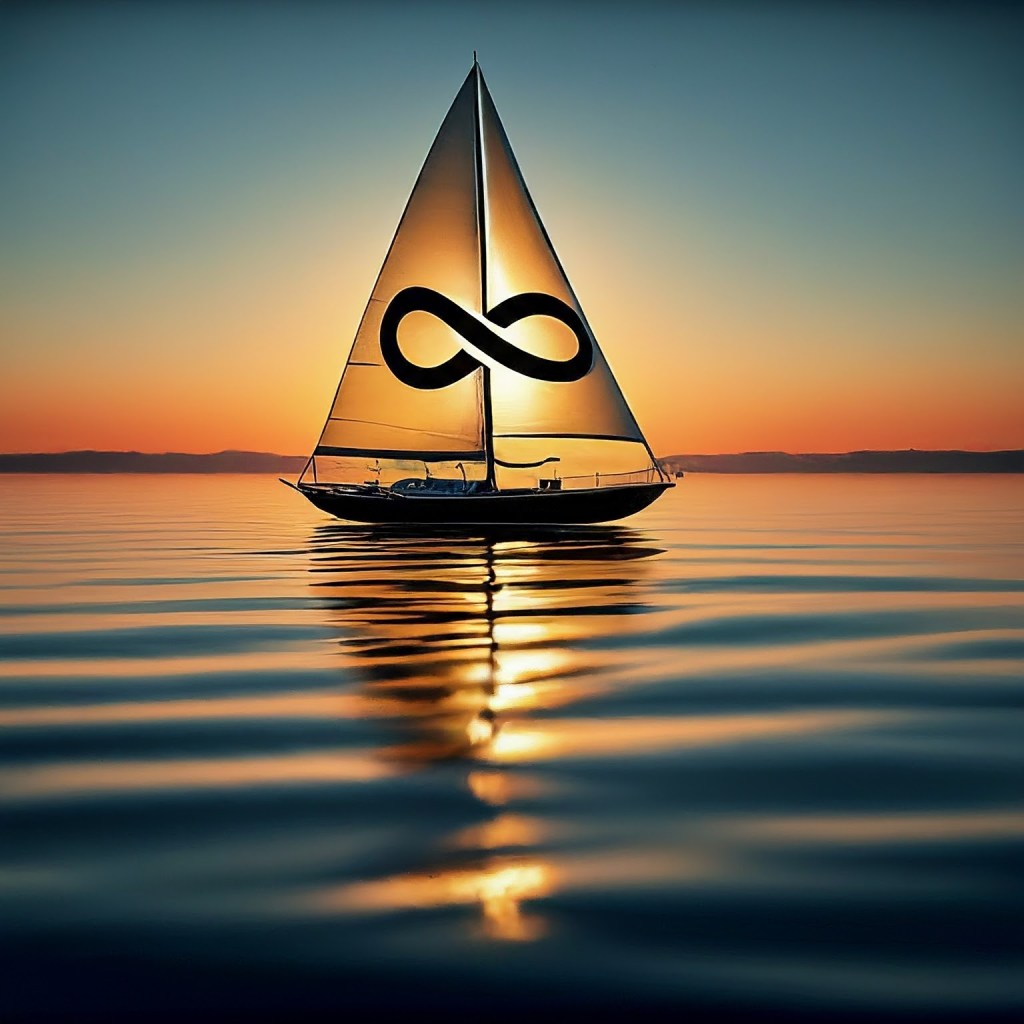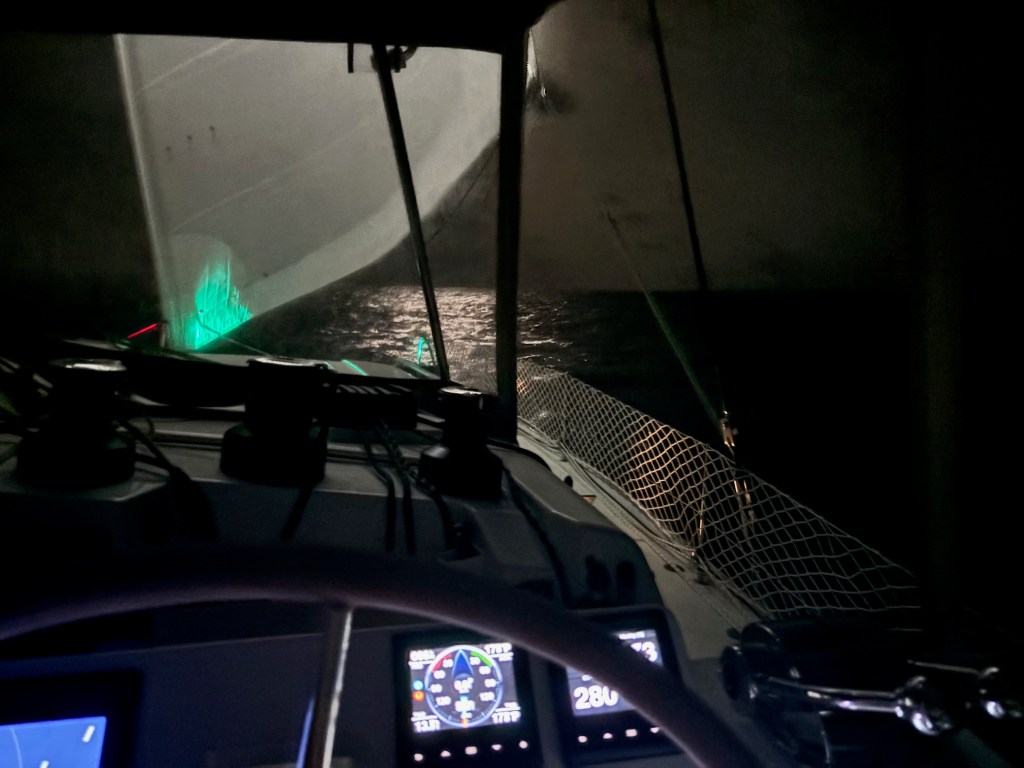
We hope you will join us for the Fall Work/Party and the Monthly Meeting following around noon. The Chili-Cookoff will be the star attraction! Let’s see what all the fuss is about. Please bring Chili Support Material if you don’t bring a Batch.
Also, as this is the end of the year, we need to elect officers for the coming year. If you are interested in pursuing one of the following positions, Commodore, Vice Commodore, Purser, Yard Master, Dock Master and Scribe, please contact Rob Hatcher or Tom Cripps ASAP. As we have been arranging social events and races on the fly, we feel that the chaired positions will not be required unless activity increases.








